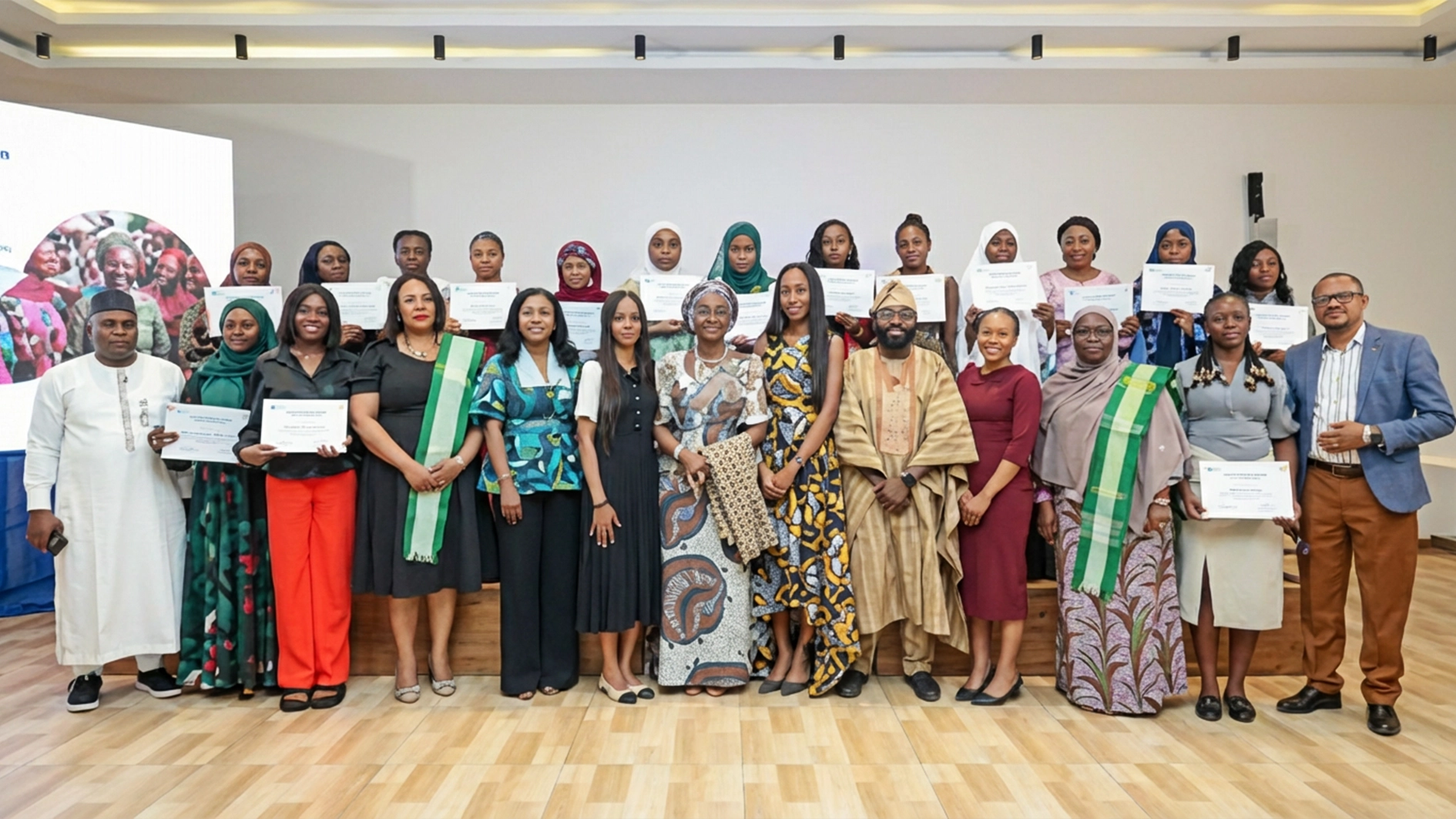A Japan-based health technology company, SORA Technology, is set to introduce a drone- and AI-powered mosquito-control system in Nigeria as part of efforts to curb the country’s high malaria burden.
The company said its solution combines aerial mapping and artificial intelligence to identify mosquito breeding sites and deliver larvicides with precision, offering a more efficient and cost-saving alternative to traditional malaria control methods.
The initiative, supported by the World Health Organisation (WHO), comes as Nigeria continues to grapple with the world’s highest malaria caseload.
According to the World Malaria Report 2024, Nigeria accounted for 26–27 per cent of global malaria cases and 31 per cent of global deaths, including nearly 40 per cent of deaths among children under five.
In 2023 alone, the country recorded an estimated 68 million malaria cases and 184,689 deaths. The economic toll is equally significant, hitting $1.6 billion (N687 billion) in 2022 and projected to rise to $2.8 billion (N2 trillion) by 2030.
Speaking with The Guardian, SORA Technology’s Chief Operations Officer, Marina Ishikawa, said the company’s approach focuses on eliminating mosquito larvae before they mature into adult vectors.
Drones fly at about 100 metres above ground to capture high-resolution images of landscapes, particularly water bodies where Anopheles mosquitoes breed. The AI software then analyses each water body, assessing depth, size, temperature and surrounding vegetation to determine which ones actually contain larvae.
Once the system identifies high-risk sites, the data is relayed to field teams through a mobile application, enabling targeted larvicide application.
“This sharply contrasts with traditional larval-source management, which involves spraying every water body regardless of larval presence,” Ishikawa explained. “With our system, we reduce larvicide use and labour costs by up to 70 per cent, making malaria prevention far more cost-effective.”
The company has already implemented the system in Sierra Leone and Ghana, and is currently running a major project in Mozambique in collaboration with UNITAID and WHO.
Ishikawa said results from Ghana showed that only about 30 per cent of water bodies contained mosquito larvae, underscoring the efficiency of the AI-guided model, which prevents unnecessary larvicide use while improving accuracy.
The company is also adapting its platform for other mosquito-borne diseases. For dengue fever, which is transmitted by Aedes mosquitoes, the AI algorithm has been recalibrated to identify distinct breeding sites. A pilot dengue-control project is underway in the Philippines.
SORA Technology is also extending its drone-AI capabilities into agriculture. Through detailed mapping and AI-driven analysis, the firm aims to help farmers monitor soil moisture, water distribution and chemical application, technologies that could prove crucial in mitigating climate-related productivity losses.
Early trials are ongoing in Ghana’s cocoa farms, with plans for broader agricultural deployment across Africa.
Ishikawa said the company is engaging the WHO and Nigeria’s National Malaria Elimination Programme (NMEP) and is working to finalise a memorandum of understanding to begin pilot projects early next year.
She addressed environmental concerns, stressing that the larvicides used are WHO-approved and designed to target Anopheles larvae exclusively, without posing risks to humans, aquatic life or animals.
She added that the system remains effective even in densely populated urban areas, as the drones can detect small or concealed breeding sites that may otherwise go unnoticed






